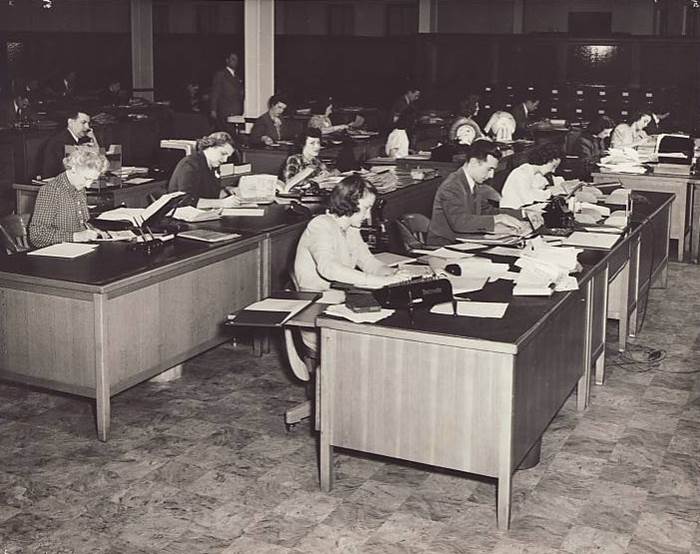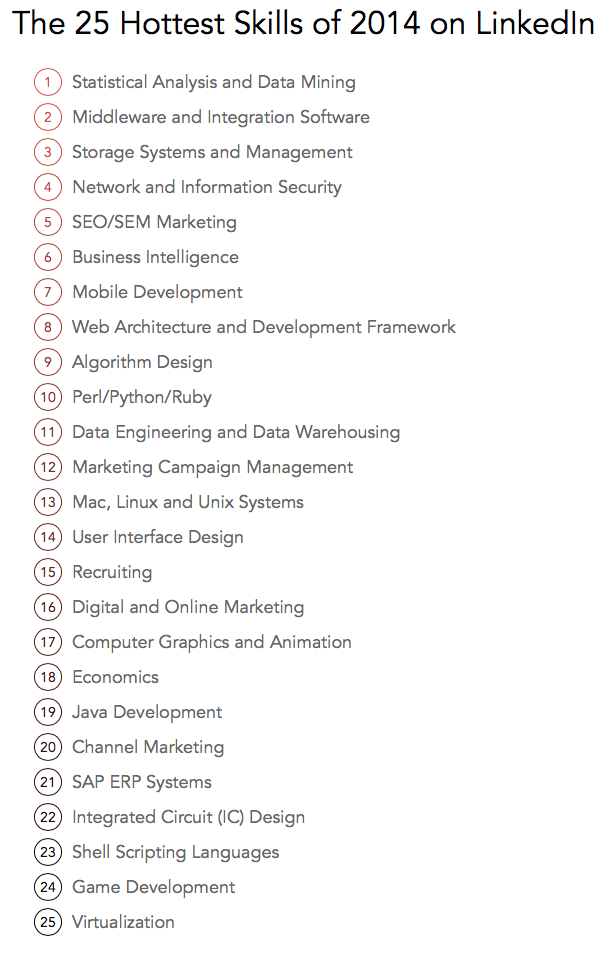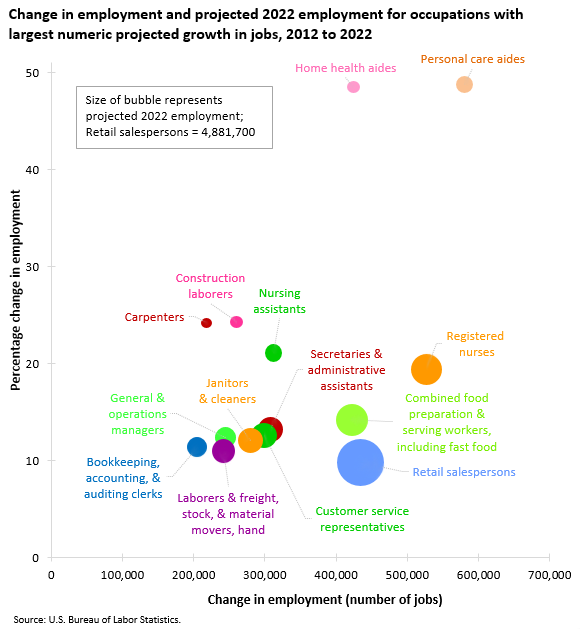WEBINAR: From Employee Engagement to Employee Experience
Quick pitch for a FREE Webinar that I am co-presenting along with the nice people from Globoforce this Tuesday, Feb. 23 (that's TOMORROW), at 1PM EST titled Changing the Conversation in 2016: Moving from Employee Engagement to Employee Experience.
Here's the quick pitch (as if you needed one to get on board with this idea):
Surveys consistently show that only about 30% of employees consider themselves 'engaged.’ And improving engagement in a meaningful way has proven elusive for many organizations. What if instead HR started focusing more on the overall employee experience?
It’s time we stopped treating branding, onboarding, coaching, and development as separate entities. By approaching these employee interactions in a more holistic manner, we have a huge opportunity to really “wow” our employees.
Join Steve Boese (that's ME) and Lynette Silva from Globoforce as they discuss how recognition plays into engagement and some useful metrics for measuring the employee experience.
What you’ll learn:
- How to think about the employee experience from a customer experience point of view
- 3 primary components of the employee experience
- Errors in how we’re pursuing engagement (and how to fix them)
- Specific ways to elevate the fundamental value you offer employees
- And lots more...
This is going to be a fun, and pretty lively conversation with some (hopefully) good ideas you can use in your own organization to begin to create the kinds of 'wow' experiences that marketers strive to create for their customers.
You can register for the FREE webinar, Changing the Conversation in 2016: Moving from Employee Engagement to Employee Experience on Feb. 23 at 1PM EST by clicking HERE.
Hope you can join us tomorrow!

 Steve
Steve



